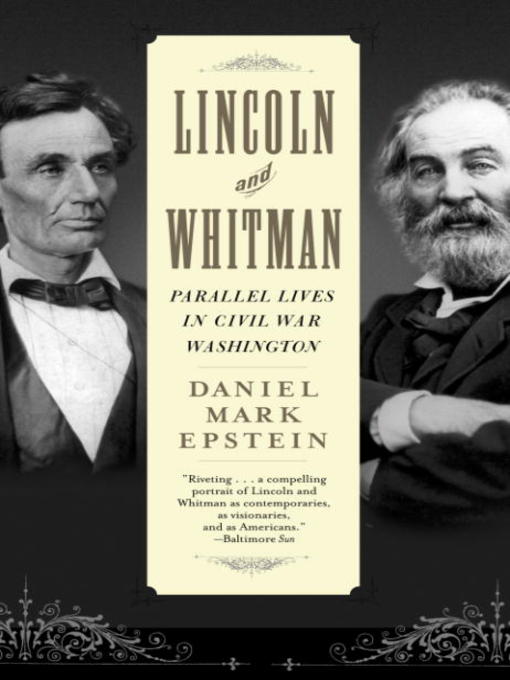- It's your lucky day!
- Always Available Ebooks: Kids Classics
- Always Available Ebooks: Classic Fiction
- Always Available Ebooks: Classic Nonfiction
- Great reads without the wait!
- Adapted for Young Readers
- Noteworthy Reads
- Women's History Month
- Calling the Shots
- Our Favorite Sleuths
- Curl Up with a Cozy Read
- See all ebooks collections
- It's your lucky day!
- Always Available Audiobooks
- Great reads without the wait!
- Everyone Reads: Spanish Titles for Young Readers
- Adapted for Young Readers
- Noteworthy Reads
- Women's History Month
- Calling the Shots
- Our Favorite Sleuths
- Curl Up with a Cozy Read
- See all audiobooks collections

